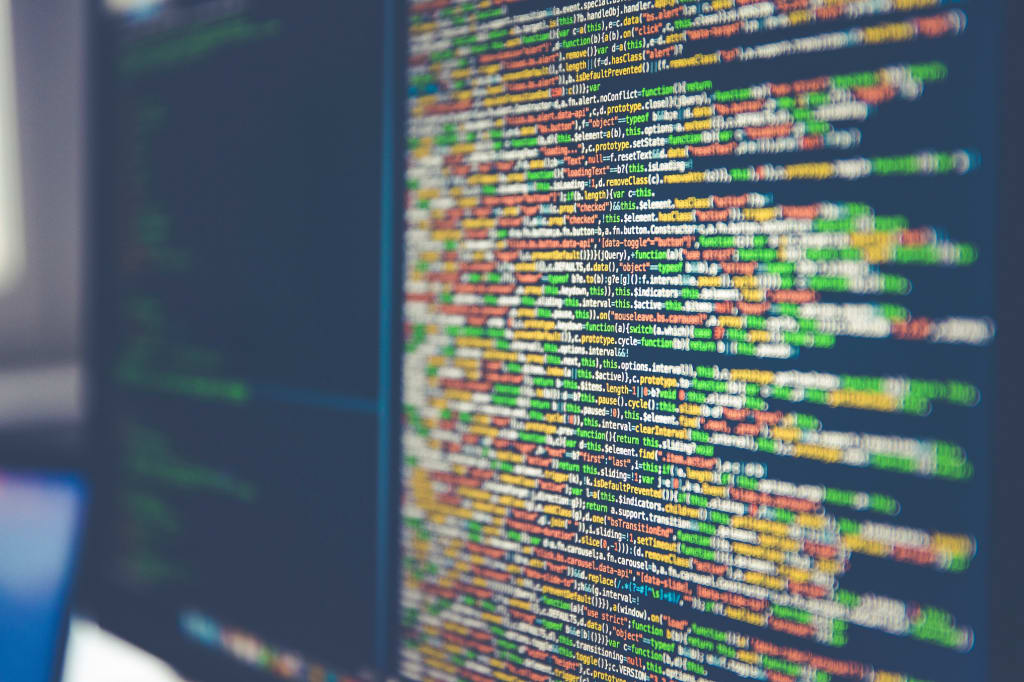Should We Use Our DNA For Profile Matching in Dating Apps?
It depends on who the actual beneficiary would be

The use of DNA for matching profiles by dating websites and apps
In a recent article, Emily Mullin published a thoughtful discussion on the possible development of dating apps that use genetic information from its users, to eliminate matches that could lead to offspring with genetic disorders. In her piece, she described the implications of such tools and argued against the view that genetics-based matching is a form of Eugenics.
While the initiative and motivation for the development of such an app is grounded in a serious issue, worthy of intervention (genetically inherited diseases), serious questions need to be answered before the Eugenics argument can be fully appreciated.
What are these questions and why are they important?
What does genetic information mean here and why is it important?
In the context of the proposed app (which is yet to be developed), data constitutes your whole genome sequence. While the original human genome sequencing project required multi-million dollar investments, the development of new (or next generation) technologies now means that your genome can be sequenced for less than $1,000. The implications are enormous. Rather then obtaining information about a handful of genes that are associated with disease, your data will describe your whole genome. This in turn means that you surrender a vast set of genes for which a link to disease is yet to be established. Many other genes and their variants can be risk factors for other (perhaps less important) diseases.
2. What can your sequence data be used for?
Emily Mullin’s piece accurately reflects the state of play in public data mining in health. Iceland has a small population that has a relatively high levels of rare genetic disorders. It is exactly for that reason that the genome of a large proportion of the population as a whole was sequenced. These analyses were not conducted for the benefit of understanding relationships. They were conducted with the aim of finding genetic risk factors that could help diagnose disorders. In fact, far lower resolution genetic tests can be used for understanding family relationships. This distinction is important as it highlights the means by which your data can be explored. It allows anyone (with access) to determine the risks associated with any (genetic) disorder.
3. Who has access to your data?
Data protection is all the rage and for good reason. The latest advances in machine learning, artificial intelligence and computing have enabled researchers to mine vast amounts of datasets for signals that inform on causative factors for many disorders and diseases. It is therefore not surprising that there are tight regulations surrounding the access to datasets that come from humans. The terms and conditions that apply to your personal genome sequence, however, may not give your sufficient cover. This threat to your private data (in the private sector domain) is one of the major issues surrounding genetic data applications.
4. Who is the actual beneficiary?
The statement posed in the subtitle of this post pertains to this important question. Who, in actual fact, will be the main beneficiary of your data? While you may have surrendered your sequence for the purpose of (un) matchmaking, the data you and possibly millions of fellow citizens volunteer in the name of love, represents a rich resource that can be mined to define new risk factors. Perhaps more pertinently, third parties can assess your data for known risk factors and determine whether you are prone to health problems. This means that drug companies, insurers and other actors would benefit from access. Only strong regulation can keep the activities of third parties in check.
5. Do Genetic Matching Apps herald a new age of Eugenics?
This question is very hard to answer. In many ways, it depends on world view, regulation and incentive. If you accept that companies can and will use your data for profit, you can imagine how insurers will use risk factors to determine healthcare premiums. If risk factors determine not only health but also future financial burden, what would stop anyone from engaging in their own eugenics experiment? While you may now consider an inherited debilitating disorder a good reason to find your best genetic match, would a financial penalty on risk factors in your offspring be equally incentivising? Or genetic factors that specify a particular look or physique?
If so, we must be careful. This issue is far from resolved and requires significant regulation of the private industry.
This piece is a reply to https://onezero.medium.com/a-dating-app-that-matches-users-based-on-their-dna-isnt-a-totally-bad-idea-8d476ae0df47.
About the Creator
EdgarHuitema
EdgarHuitema is a scientist who loves to write. Writing personal, political as well as satirical pieces to deal with mental health as well as societal issues. For more Edgy-Edgar work visit: https://medium.com/@tiktaalik4u





Comments
There are no comments for this story
Be the first to respond and start the conversation.